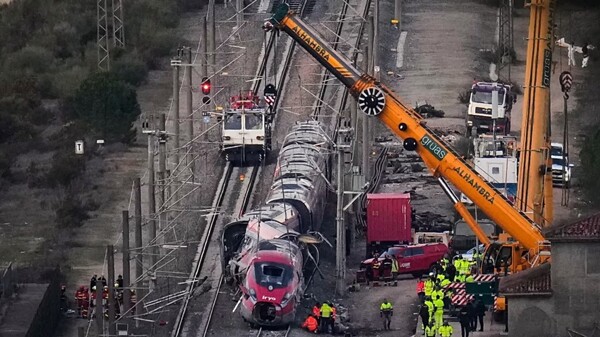Following the recent power outage in Spain and growing global tensions, the proposal from the European Union to have a prepared emergency kit has resurfaced on social media. Mark Rutte, NATO's Secretary-General, pointed out the possibility that, in the event of a Russian attack on Warsaw, cities like Madrid could be affected within minutes. The European Union has not specified a particular event that justifies the recommendation to have such a kit, but it has mentioned possible crises arising from diseases, natural disasters, and even cyber attacks.
Recently, the Netherlands has also adopted this measure, urging its citizens to prepare emergency backpacks. What items are recommended to have in this survival kit? The European Union has disseminated informational materials about the importance of having an emergency backpack, which should contain the necessary items to ensure a person's self-sufficiency for up to 72 hours. Recommended items include bottled water, non-perishable food that is easy to prepare, batteries and a flashlight, as well as first-aid supplies, among others.
The European Union's initiative for citizens to have an emergency kit prepared is not new, emerging in mid-March. Despite the criticism received, some believe that this measure aims to prepare citizens for possible crisis or conflict scenarios, even of a military nature. The Minister of Foreign Affairs, José Manuel Albares, has emphasized the importance of not creating unnecessary alarm among the population, stating that currently, there are no direct threats to Spain's sovereignty or indications of imminent war.
In this regard, efforts have been made to convey a message of calm to citizens, indicating that the situation is being monitored and work is being done for peace. Both the Minister of Foreign Affairs and the First Deputy and Minister of Finance have advocated for maintaining calm and making decisions gradually in the coming months, without falling into an alarmist or militaristic view of the current reality.














